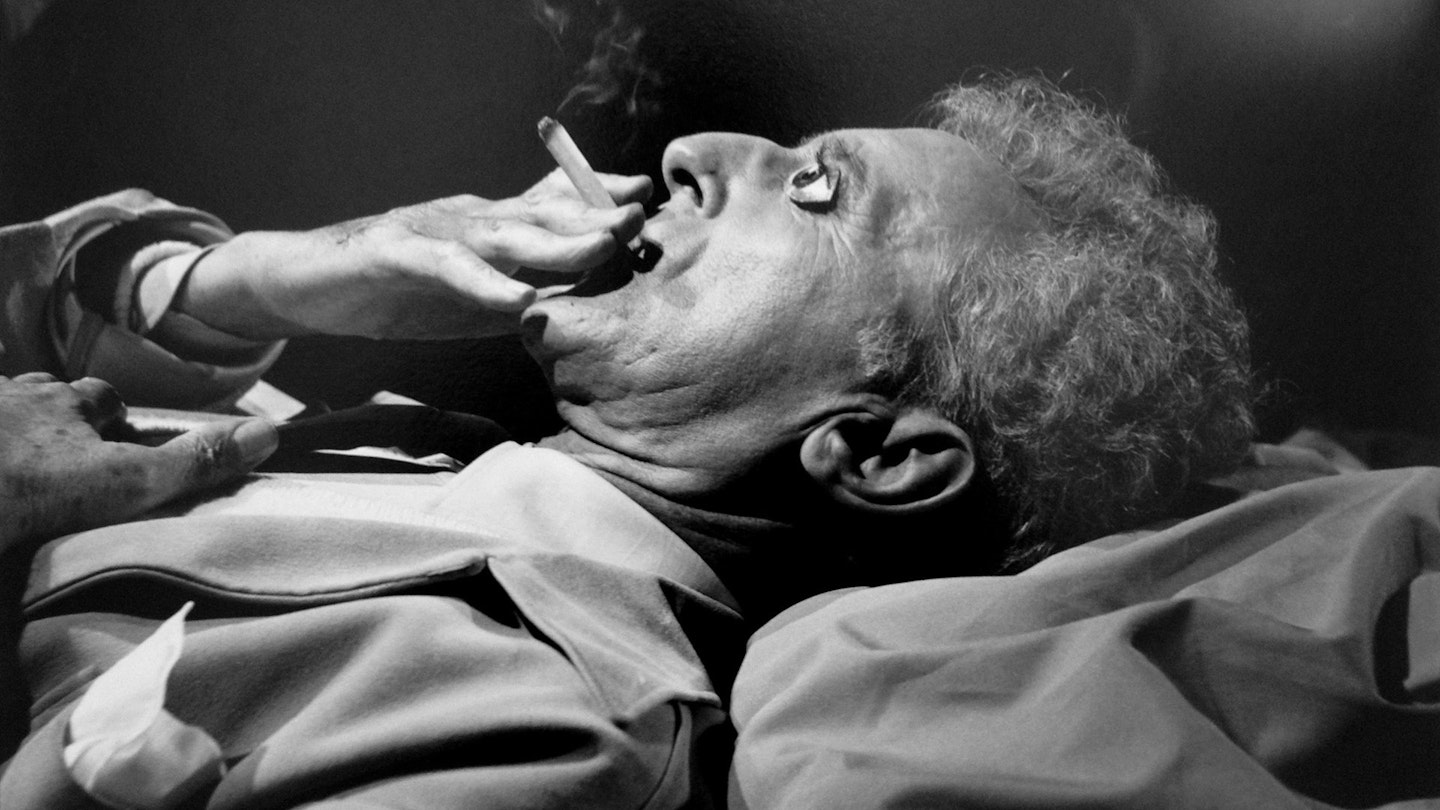This was not merely the concluding part of Jean Cocteau's Orphic trilogy: it was also the final cinematic statement of France's greatest poetic auteur. The 70 year-old polymath clearly revelled in every second of its production. As he would later write: `The original sin of art is that it wanted to convince and to please, like flowers that grow in the hopes of ending up in a vase. I made this film without expecting anything other than the profound joy that I felt in making it.'
However, Cocteau clearly embarked on this highly personal enterprise because he still felt he had something to say - if only that cinema was still a demanding art-form despite the fact that technical progress had enabled it to be invaded by the uncouth vandals of the nouvelle vague. But even this sour dismissal seems more mischievous than disingenuous, as Cocteau had only been able to complete the film with the prize money that François Truffaut had won at Cannes for Les Quatre Cents Coups (1959).
Moreover, he was fully aware that the likes of Truffaut held him in high esteem and eagerly followed his heroic refusal to obey the rules of whatever medium he cared to indulge in. They also copied his penchant for littering his pictures with autobiographical detail and this portrait of the artist as an old man not only recalled Cocteau's creative struggles, but it also contained cameos by friends, lovers and former collaborators, including Picasso, the bullfighter Dominguin, Jean Marais, Maria Déa, Françoise Sagan, Roger Vadim, Brigitte Bardot, Jean-Pierre Léaud and Yul Brynner.
CCocteau also paid tribute to Salvador Dali by imbuing the imagery with a phoenixological' quality that seemed to renew its meaning on each viewing. There's certainly much to mesmerise in this active poem', which merged the rigorous illogicality of dreams with the realistic intrigues of the universe. But this charmingly self-guying reverie was largely ignored by a public that had moved on to Sartre, Camus and Godard, with some even seeing it as a smug self-tribute by an unrepentant narcissist rather than a priceless confessional odyssey.
